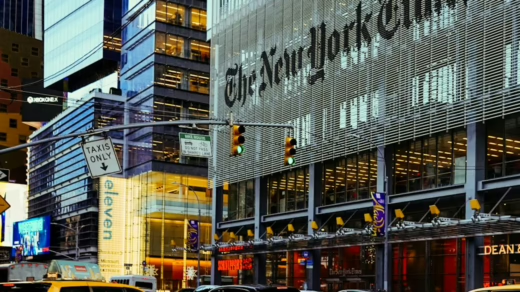(Some quick thoughts while Estes collects his)
Well, the U.K. voted yesterday. The results were not terribly surprising: The Tories won a plurality of seats, but not enough to form a majority government. This much was expected. However, what was not expected was the relative strength of Labour or the precipitous downfall of the Liberal Democrats.
I’ll start where the story is now, and move on to what I suspect happened. The onus is on Gordon Brown to form a government, and if he cannot, to step down and allow somebody else to do so. I don’t think Labour has the requisite support to build a government; even if Labour came together with the Lib-Dems, they’d still need substantial minor party support. I believe David Cameron will have an easier time with this. His party won a significantly larger portion of the popular vote as well as number of seats, so the Liberal Democrats will not have trouble at the very least allowing the Tories to run a minority government. I did watch Cameron talk this morning, and it does seem he’s willing to make some concessions to get the Lib-Dem to give him a chance, if not make a coalition.
So, in short, my prediction is that the next Prime Minister of the United Kingdom will be Tory David Cameron. I will also make a reluctant prediction that it will be a minority government with minimal concessions to the Lib-Dems, and that they will not, in fact, form a coalition. (However, I’d personally love if they did, with one concession being Vince Cable at Exchequer.) The opposition will be led by Labour, although I won’t say whether or not Brown will resign (the unexpected strength of Labour yesterday clouds this).
What was ghastly unexpected yesterday, with utter disappointment to my Lib-Dem-aligned friends, was the frightening downfall of the Lib-Dems. The once media darlings, who found exciting traction in polls just weeks ago, and hoped to gain maybe 40 seats, lost seats. How did, then, the Liberal Democrats suffer such a humiliating Howard-Dean-in-Iowa-esque crash?
I suspect that there were a lot of factors, and all of them had some small part in it. It looks as though a lot of the new support ended up swinging back (probably where it started) to Labour.
First, the Tories probably did Labour a huge favor by screaming “No hitter” in the seventh inning. By basically announcing that they were going to be a majority, or, at the least, would form their own government no matter what, I assume a large number of folks who liked what the Lib-Dems have to say were scared back to the Labour fold. The past week’s constant talks of “strategic voting” likely amplified this effect. These I’d call the anti-Tory voters more than anything. Not to mention the talk (in Tory circles generally, but plenty among Lib-Dems) of a Tory/Lib-Dem coalition. For voters coming from Labour, this must have been unacceptable.
While the cliche “all publicity of good publicity” is not completely correct, I think this week was, in fact, a good week for Brown. Yes, he made a major, major gaffe of calling a woman a bigot. And, yes, his response to the gaffe was even worse. Yet, all the reporting on it included some kind of mention of how he was a bad politician but what a smart man, how good of a job did he do in the economic crisis, etc. I think it, perhaps only marginally, made him a more reassuring pick. Wow, he is a bad politician, but he is smart, I wonder if anybody thought while checking his name.
Nick Clegg did manage to score major points in the first debate. Charismatic, bright, worldly, and not a stuffed suit like Cameron, nor a fumbling idiot like Brown. However, Cameron did come into his own in the next two debates, and Brown used the last to go on an attack. By the end, the first debate was forgotten, and the three were back on the same level. I can’t imagine this had nothing to do with the final result either. Not to mention: sure, people liked Clegg, but they just met him. They had less than a month to get to know him. Brown, though, was a known quality. Sure, maybe the enemy you know is better than the friend you don’t, but the guy who’s really not that bad is even better than the super awesome guy who may just blow it for everybody.
So: sorry, Howard Dean, but it seems the candidate you liked the most suffered your same fate.






I’d like to stand behind my original statement, and none of the following ones.
It was a devastating defeat. That said, the Lib-Dems did exceed pre- first debate expectations(percentage-wise, not seat-wise) and will be ‘king-makers’. Although, sadly, never kings(or Queens, as they are the liberal party and we are an equal opportunity blog.)
Always a bridesmaid, never a bride.